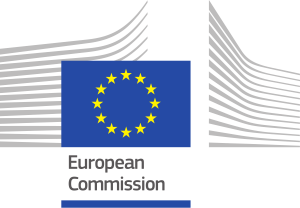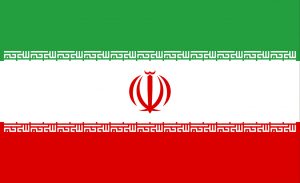January 16, 2016 was “Implementation Day” under the Joint Comprehensive Plan of Action (JCPOA), bringing into effect the sanctions commitments of the United States and European Union (EU). The International Atomic Energy Agency (IAEA) confirmed in Vienna that Iran had met its JCPOA milestones with respect to its nuclear program. The U.S. sanctions changes involve partial relief within a complex regime with continuing primary sanctions and designations on Iranian parties which carry secondary sanctions.
The U.S. Treasury Department’s Office of Foreign Assets Control (OFAC) issued Implementation Day guidance describing the changes to the U.S. sanctions program for Iran, which largely reflect what had been expected under the JCPOA. This includes the ending of secondary sanctions on Iran related to nuclear weapons proliferation; delisting of over 400 Iranian and Iran-related Specially Designated Nationals (SDNs); issuance of general licenses for non-U.S. entities owned or controlled by U.S. persons to engage in certain activities in Iran, as well as for import to the United States of Iranian carpets and foodstuffs including pistachios and caviar; and adjustment of licensing policy to allow authorization of certain exports, sales, leasing and transfers of civilian passenger aircraft. Existing authorizations for agricultural commodities (including food), medicine, and medical supplies remain unchanged. Exports and reexports of U.S. origin products (as well as foreign-origin products with more than 10% U.S. content) still require a license, and U.S. persons still may not participate in business transactions with Iran unless licensed.
Following will be a series of posts on key aspects of the adjustments to U.S. and EU regulations relating to Iran.
 On January 19, the European Commission released a strategy intended to “stimulate the openness, strength and resilience of the EU’s economic and financial system.” One of the key pillars of the strategy is centered around strengthening the implementation and enforcement of EU sanctions.
On January 19, the European Commission released a strategy intended to “stimulate the openness, strength and resilience of the EU’s economic and financial system.” One of the key pillars of the strategy is centered around strengthening the implementation and enforcement of EU sanctions. Global Trade & Sanctions Law
Global Trade & Sanctions Law


